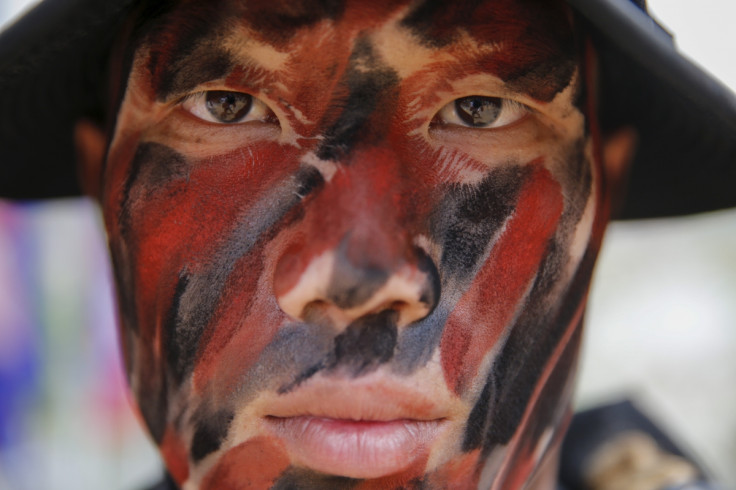Thai junta grants army sweeping powers to arrest and detain criminal suspects

The Thai junta chief has granted the army sweeping powers to arrest and detain criminal suspects because of an apparent shortage of police officers. Critics fear such broader police-like powers bestowed upon the military are a recipe for crackdown on dissent and human rights abuse.
The decree issued by Prime Minister Prayuth Chan-ocha, former army chief, was published in Thailand's Royal Gazette amid a series of measures to clamp down on civil liberties. The latest order will allow soldiers, who are either sub-lieutenant or of above rank, to pursue people suspected to have committed 27 types of crime including robbery and fraud.
The order was published under the title "Suppression of wrongdoings that could threaten Thai economy and society". The troops are being henceforth appointed as "crime prevention and suppression officers", the announcement said.
"Military officers will take part in activities that are for community safety because there are not enough police officers to tackle crime," said Prawit Wongsuwan, Thailand's deputy prime minister and defence minister.
Prayuth, who came to power after toppling the previous government led by former leader Yingluck Shinawatra, has been facing a lot of criticism in recent months both from independent rights groups and members of the earlier government. The powerful Thai military has staged 16 coups against civilian administrations in the past eight decades of democracy.
The junta has been arguing such wide police-like powers are necessary for the military to prevent Thailand slipping back to a fresh period of unrest. But, the rights groups argue the move will further enable the army to freely target anti-government activists.
Human Rights Watch's Asia director, Brad Adams, was quoted by the Associated Press as saying: "By erasing the line between the military and the police, Prime Minister Prayuth has further reinforced his dictatorship and guaranteed more blatant human rights abuses, increased numbers of civilians being tried in military courts, and further impunity for soldiers to do whatever they want whenever they want."
More from IBTimes UK
© Copyright IBTimes 2024. All rights reserved.






